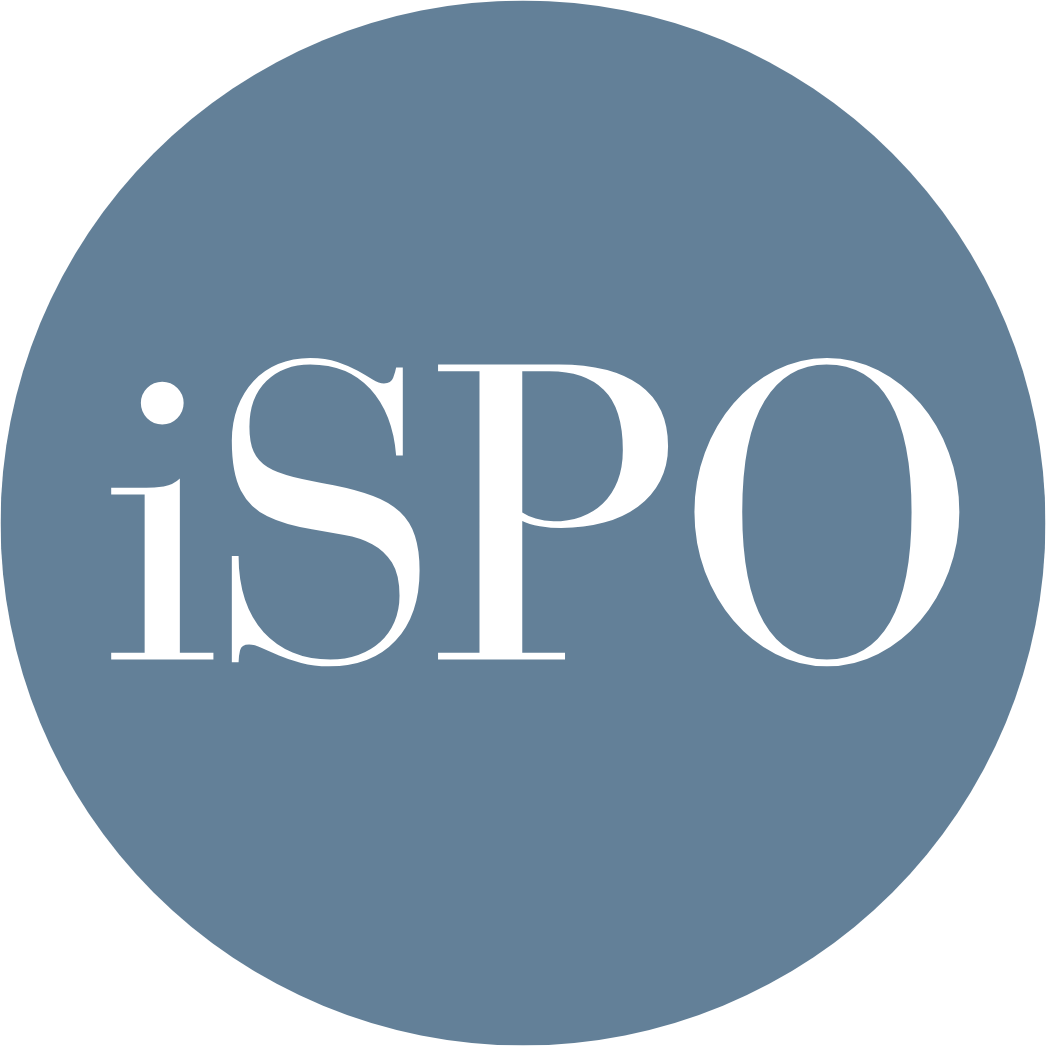iSPO and Education
In our society, quality education is the key to professional growth as well as to social participation and integration. In Germany in particular, educational success is still highly dependent on the social background of children. For this reason, non-formal educational opportunities and offers to improve the framework conditions of education, play an increasingly important part in the education sector in Germany in order to achieve educational justice and equal opportunities for all children and adolescents.
- School and extracurricular education: The concept of education has recently become increasingly broad and no longer focuses solely on the areas of institutionally bound pre-school and school education. Measures accompanying formal education and training are becoming increasingly important. This involves early childhood education as well as the various forms of social work in schools (school social services, etc.), additional services in the context of all-day schools or projects that support pupils in the transition from school to training and work.
- Complexity:Today, a large number of state and civil society actors are involved in providing education. This increases the demands on coordinated strategic planning and management of educational processes and structures, e.g. in the context of municipal or socio-spatial educational landscapes.
- Methodological features: Progress in education, especially of socio-structurally disadvantaged children and adolescents, and in the area of vocational continuing education and training, cannot and should not be measured exclusively by school grades, reports or certificates. To determine the relevant effects of non-formal education services is therefore particularly challenging and requires the development of meaningful indicators and conceptually and methodologically sound survey instruments.
- Impact orientation: The main criterion to assess educational quality and the success of educational programs is its effectiveness, i.e. the extent to which intended results are achieved. It should therefore be a matter of course to focus on effects in all education-related fields of action. This increases the demands on a coordinated planning, monitoring and evaluation mechanisms that involve all relevant stakeholders.
iSPO supports you through every phase of your project to help you to meet these challenges successfully.
